I created an app with vue-cli and then I build the dist folder for production.
The app is deployed on IIS with flask backend and works fine.
The problem occurs when I have to make some changes and I have to redo the deployment. After this, users call me because app doesn't work but if I clear the chrome cache, the app works fine again.
How can I fix this problem? Is there a method to clear chrome cache automatically when I release a new application version?
Thanks
my dist folder
deployment: copy and paste folder dist on IIS
if files in dist folder are correct, maybe the problem is in axios cache? i have make some changes also to rest apis

